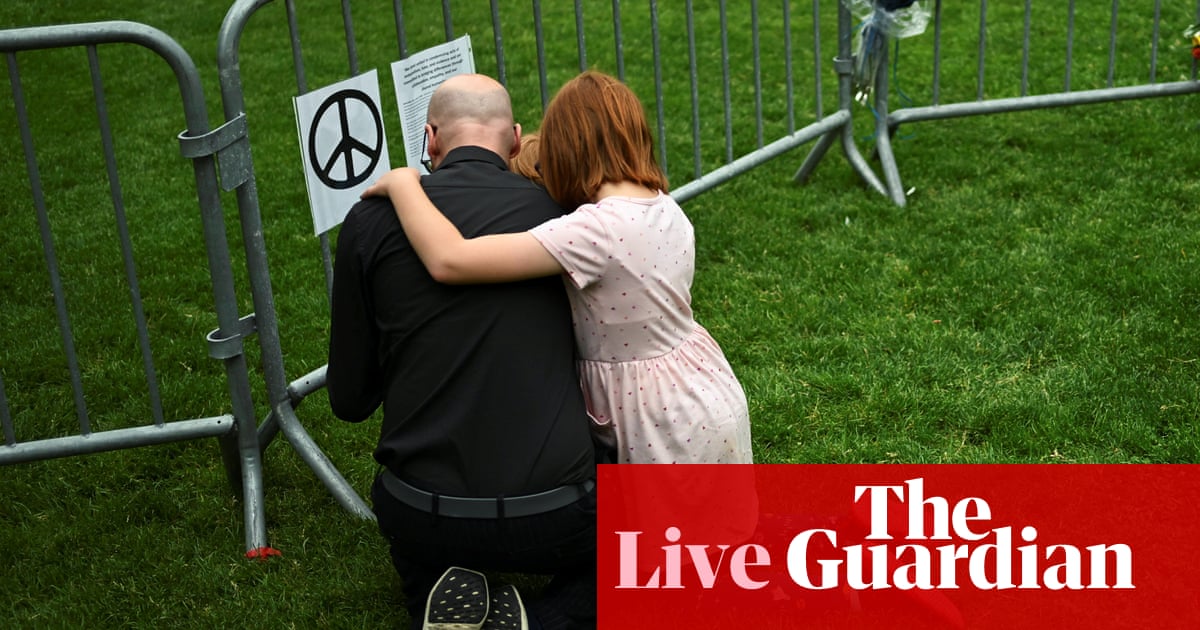Colorado Flamethrower Attack: A Deep Dive into the Incident and Its Implications
Overview of the Incident
A shocking event unfolded in Colorado recently when a man, Mohammed Sabry Soliman, 45, allegedly used a makeshift flamethrower and incendiary devices to attack a group raising awareness about Israeli hostages in Gaza. The attack has led to charges of federal hate crimes against Soliman, who confessed to planning the act for an entire year, targeting what he referred to as a “Zionist group.” As many as twelve individuals suffered injuries, some with severe burns, during the incident, which has sparked widespread condemnation and a deeper conversation about rising tensions in the U.S.
Details of the Attack
The attack occurred as a volunteer group, Run For Their Lives, was concluding its weekly demonstration. Eyewitnesses reported Soliman shouting “Free Palestine” while launching his assault, raising alarms about the rise of violence related to geopolitical conflicts. The FBI has since stated that Soliman confessed after his arrest, expressing intent to repeat the act.
Soliman’s Background
Investigations into Soliman’s background reveal a complicated narrative. His Facebook account indicates he attended school in Egypt and later worked in Kuwait as an accountant. His posts reflect deep involvement with the Muslim Brotherhood, particularly regarding the protests that followed the ousting of Mohamed Morsi. This political engagement adds layers to understanding Soliman’s motivations and the ideologies driving his actions.
Legal Proceedings
Soliman faces multiple charges, including attempted murder at the state level and a hate crime federally. The Justice Department intends to seek a grand jury indictment, and he may face more charges as the investigation continues. A state court hearing saw him appear via video while wearing an orange jumpsuit, underscoring the seriousness of the allegations against him.
Context of the Attack
The timing of the attack is troubling; it occurred at the onset of the Jewish holiday of Shavuot, a period of significance marked by the reading of the Torah. Just days prior, a separate incident involved another individual who, also shouting “Free Palestine,” was charged with the fatal shooting of two Israeli embassy employees outside a Jewish museum in Washington. This pattern of violence raises concerns about increased anti-Semitism and related hate crimes in the U.S.
Law Enforcement and Community Reaction
Authorities have confirmed that they believe Soliman acted alone, minimizing fears of broader conspiratorial motives. The response from local and federal law enforcement officials has been swift, with the FBI echoing that such violence is becoming increasingly common, as detailed by Mark Michalek, the special agent in charge of the FBI’s Denver office. In response to the attack, security measures have been enhanced at religious sites, particularly in New York, reflecting a growing concern for the safety of communities during sensitive times.
International and National Implications
Israeli Prime Minister Benjamin Netanyahu condemned the attack, highlighting its implications for Jewish communities both in the U.S. and around the world. He noted that the entire nation is praying for the victims, pointing to a solidarity that transcends borders. The U.S. political landscape is now further complicated by these incidents, pushing discussions surrounding international relations and domestic policy to the forefront.
Broader Issues of Hate and Violence
This incident is more than just a criminal act; it reflects broader societal tensions related to geopolitical issues. The conversation surrounding the Israeli-Palestinian conflict has always been deeply polarized, and acts of violence like this can stoke further division. Soliman’s actions represent a destructive outlet for deeply held grievances, which, if left unaddressed, could lead to more violence.
Concluding Remarks on the Ongoing Situation
The Colorado flamethrower attack is a stark reminder of how international conflicts can intersect dangerously with domestic issues in the United States. As investigations continue and legal proceedings unfold, the implications of this attack will undoubtedly reverberate throughout various communities, raising critical discussions about hate, violence, and the responsibility of individuals in a diverse society.


